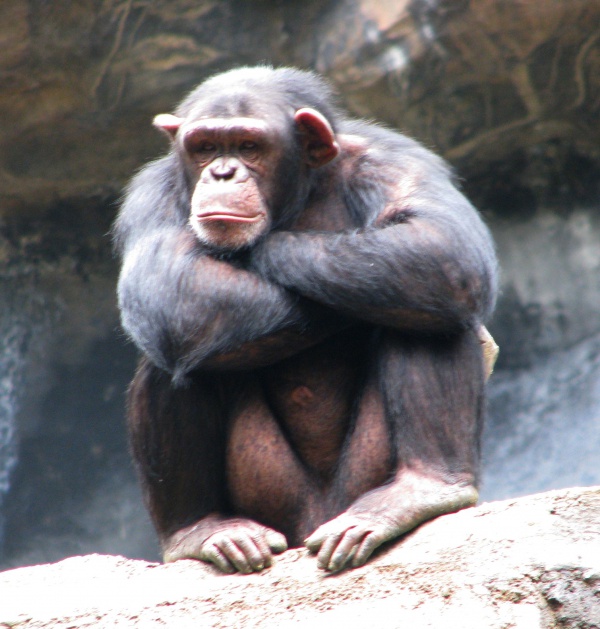Facts About Common chimpanzee
Chimpanzees, often referred to simply as chimps, are fascinating great apes native to tropical Africa. These remarkable creatures are our closest living relatives, sharing the genus Pan with bonobos. They live in complex social groups typically led by males and generally resolve disputes without resorting to violence.
One of the most extraordinary traits of chimpanzees is their ability to use tools. They can modify sticks, rocks, and leaves to hunt and gather food such as termites, honey, nuts, and even water. Despite their impressive skills, chimpanzees are endangered, with an estimated 170,000 to 300,000 remaining in the wild. They face serious threats from habitat loss, poaching, and disease.
Regrettably, some people keep chimps as pets, a practice that poses risks due to their strength and potential for aggression. Additionally, chimpanzees have been used in laboratory research, particularly in the United States, where scientists have attempted, with limited success, to teach them languages like American Sign Language.
The name "chimpanzee" originates from African languages, while their genus name, Pan, is inspired by the Greek god. Genetically, they are very similar to humans, with only about 35 million single-nucleotide differences. Chimps have an eight-month gestation period and can live up to 60 years. Their intelligence is notable—they use tools, exhibit self-awareness, and even show signs of having their own culture.
Chimpanzees communicate through a rich array of facial expressions, body postures, and vocal sounds. Extensive field studies have provided deep insights into their behavior and social structures. However, interactions with humans can be dangerous, as chimpanzees have been known to attack, sometimes causing severe injuries.
In human culture, chimps have appeared in various media and have at times been kept as pets, though this raises ethical concerns. They are also subjects of research, which has sparked debates about their treatment.
Conservation efforts are critical for chimpanzees. Protecting their habitats, combating poaching, and preventing the spread of diseases are all essential steps to ensure their survival. As we continue to study and understand these remarkable creatures, it becomes evident that preserving their populations is not just an ecological necessity but also a moral obligation.

 Senegal
Senegal